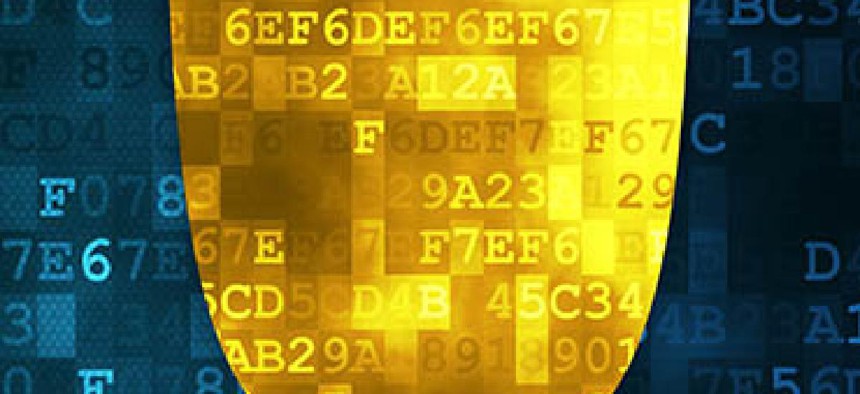Defense bill raises questions about future of DIUx

A House Armed Services Subcommittee markup provides the Pentagon with more authority to recover from a cyberattack, replaces OPM's security clearance information systems and restricts funding for the DOD's Silicon Valley acquisition experiment.

A defense bill moving through the House of Representatives would give the Department of Defense more authority to recover from a cyberattack, replace clearance systems run out of the Office of Personnel Management and restrict funding for the Pentagon's Silicon Valley acquisition outreach program dubbed.
The Subcommittee for Emerging Threats and Capabilities of the House Armed Services Committee released the bill on April 19.
The proposed National Defense Authorization Act includes a "Special Emergency Procurement Authority" to help DOD respond to and recover from cyberattacks. The committee stressed that the Pentagon should provide more ongoing training activities at the cyber combatant commands to better prepare for cyberattacks. The bill also seeks a Government Accountability Office report on Defense Department network protection, and whether it makes sense to continue to have a single leader heading both the National Security Agency and Cyber Command.
The bill also provides for ongoing plans to have DOD lead the development and management of an IT system to handle security clearance investigations on behalf of the Office of Personnel Management. The new system is scheduled to be in place at the beginning of fiscal year 2020, per the bill report.
The committee also wants to ride herd on the Pentagon's Defense Innovation Unit Experimental (DIUx) outreach program in Silicon Valley. Lawmakers are "concerned by the pinpoint focus on one geographic region, as well as the dedication of significant funding at such a nascent period in the development of this organization and the concept on which it was founded," according to a summary of the bill.
The Defense Department already is planning DIUx offices outside Silicon Valley, however. A Boston office is promised for June 2016, and Austin, Seattle and Cincinnati have been mentioned by officials as other possible locations.
NEXT STORY: Godbout exits for software startup


